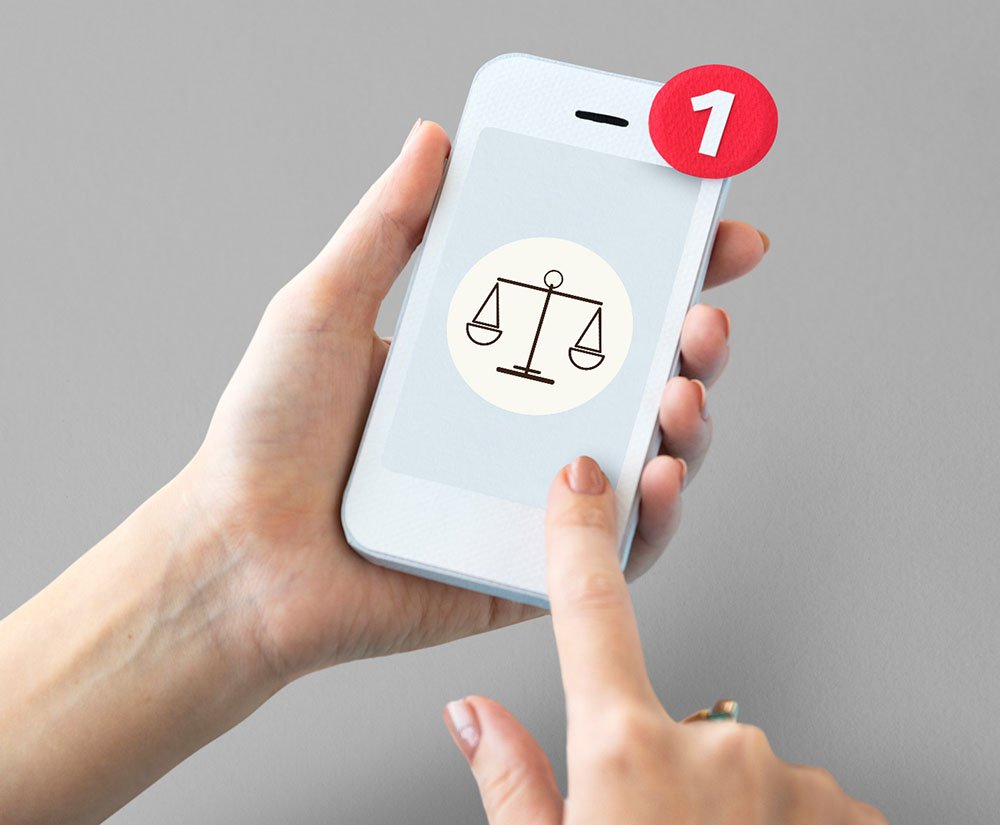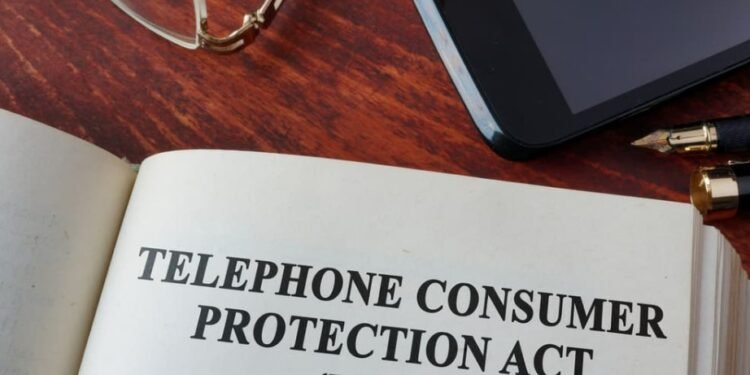The Telephone Consumer Protection Act (TCPA) is a federal law enacted in 1991 to regulate unsolicited telemarketing calls, notably robocalls and prerecorded messages. The TCPA applies to any person, business organization, or other entity using telephone communications for marketing or solicitation purposes.
This federal law aims to protect consumers against invasive and unsolicited messages. These violations can lead to possible legal disputes where you would have to hire TCPA attorneys. Understanding common TCPA violations can help consumers know when their rights are being violated and what actions to take accordingly.
Here are six of the most common TCPA violations that everyone should know about.
1. Calling Numbers on the National Do Not Call Registry
Telemarketers are legally barred from contacting phone numbers that are registered on the National Do Not Call Registry. Managed by the Federal Trade Commission (FTC), this registry allows individuals to opt out of receiving unsolicited marketing calls. If you continue to receive marketing calls after your number has been listed on this registry, it represents a clear violation of the TCPA.
2. Robocalls Without Prior Consent
The TCPA imposes strict restrictions on the use of automated dialing systems, also known as robocalls. Such calls can only be made if the recipient has explicitly given prior consent. This rule applies to prerecorded voice messages and calls made through automated systems. If you receive a robocall on your cell phone from a business or organization without having previously agreed to such calls, it constitutes a TCPA violation.
3. Failure to Honor Opt-Out Requests
Telemarketers are required to offer an option to opt out of future calls during each marketing call and must act on these requests promptly. If a consumer requests to be removed from a company’s calling list, the business must honor this request by removing the number from their list without delay. If you ask to be removed from a telemarketer’s call list and continue to receive calls afterward, this failure to comply is a violation of the TCPA.
4. Calls Made Outside of Permissible Hours
According to the TCPA, telemarketing calls to households are restricted to between 8 a.m. and 9 p.m. local time of the recipient. Calls made outside of these hours are considered unlawful. For example, if you receive a telemarketing call at 7 a.m. or 10 p.m., it falls outside the permitted calling hours and violates TCPA regulations.

5. Calls to Numbers that Have Been Reassigned
The TCPA prohibits making calls to numbers that have been reassigned from a consumer who previously gave consent. It is the responsibility of businesses to regularly update their calling lists to exclude numbers that are no longer in service or have been reassigned to new owners. For example, if a company continues to call a number that you used to own but has since been reassigned to someone else, this constitutes a violation of TCPA provisions.
6. Deceptive Caller ID Practices (Spoofing)
Deceptive caller ID practices, also known as spoofing, are a significant TCPA violation. This is when telemarketers falsify their caller ID information to mislead consumers. This tactic obscures the caller’s true identity, making it difficult to identify and report potential violations. Spoofers often alter the phone number or name displayed to disguise their real origin, which can trick you into answering their calls.
Despite efforts by regulatory agencies and telecom providers to address this issue, spoofing persists due to the ease of manipulating caller ID and the absence of universal prevention standards. Spoofers may impersonate reputable businesses or even pretend to be government officials, such as law enforcement or tax authorities, to coerce you into revealing personal information. They might also use local area codes to make their calls appear more familiar and trustworthy.
To safeguard yourself from these deceptive practices, remain vigilant and informed about your rights under current regulations.












